Emergency Pool Repairs: What to Do When Systems Fail
For aquatic facility managers, pool system failures can be a nightmare. Whether it’s a pump breakdown, filtration issue, or chemical imbalance, unexpected problems can disrupt operations, pose safety risks, and lead to costly downtime.
At Trisley’s Hydraulic Services, we know that fast action is critical. That’s why we’ve put together this practical guide on what to do when your pool’s systems fail—helping you minimise downtime, protect swimmers, and restore normal operations quickly.
Identifying the Emergency: What’s Gone Wrong?
When a pool system fails, the first step is to identify the issue and its severity. Some problems require immediate shutdown, while others can be managed temporarily while waiting for repairs.
Common Pool System Emergencies:
Pump Failure: Causes stagnant water, poor circulation, and potential water quality issues.
Filtration Malfunction: Leads to cloudy or dirty water, increasing bacteria risk.
Electrical Issues: Can affect pumps, heaters, lighting, and automatic controls.
Chemical Imbalance: Causes unsafe swimming conditions, leading to irritation or illness.
Leaks and Pipe Breaks: Waste water, increase costs, and cause structural damage.
Heating System Breakdown: Creates discomfort for users, especially in therapy pools.
Once the issue is identified, move quickly to assess whether the pool needs to be closed and what immediate action is required.
Immediate Actions to Minimise Damage
Every second counts in an emergency. Here’s how to act fast:
Pump and Filtration System Failures:
Turn off the system to prevent further damage.
Check for blockages in the strainer basket or filter.
Inspect the power supply and reset breakers if needed.
Call a pool specialist for rapid diagnostics and repair.
Chemical Imbalances:
Test water chemistry to identify pH, chlorine, and alkalinity levels.
Adjust chemicals cautiously, following safety guidelines.
Restrict access to the pool if levels are unsafe.
Leaks and Pipe Breaks:
Shut off the water supply to prevent flooding.
Inspect visible pipes and valves for damage.
Contain water leakage and call a professional.
Electrical Failures:
Cut power to the pool area if you suspect an electrical hazard.
Check control panels for faults or tripped breakers.
Do NOT attempt repairs unless qualified—call an expert immediately.
If in doubt, always prioritise safety and consult an experienced pool maintenance professional.
Who to Call for Emergency Repairs?
Not all repair services respond quickly—but Trisley’s Hydraulic Services does. We offer rapid response for commercial and aquatic facilities to get your pool back in action.
Before an emergency strikes, keep these contacts on hand:
Your pool service provider (like Trisley’s!) for fast on-site repairs.
An electrician for power-related issues.
A plumber for major leaks.
A water treatment specialist for severe chemical problems.
Having a trusted repair team on standby can make all the difference when every minute counts.
Preventing Future Emergencies: Maintenance is Key
While some failures are unpredictable, most can be prevented with regular maintenance.
Proactive Steps to Avoid Downtime:
Schedule routine inspections for pumps, filters, and heaters.
Keep emergency backup parts (like spare pumps or filter cartridges) on site.
Train staff on emergency shutdown procedures and basic troubleshooting.
Monitor water chemistry daily to prevent imbalances before they become a problem.
Work with an experienced pool service provider for preventative care.
Trust Trisley’s Hydraulic Services for Fast, Reliable Emergency Pool Repairs, we specialise in fast-response repairs and preventative maintenance for commercial and aquatic pools. Our team ensures that when a system fails, your downtime is minimal—keeping your facility safe, operational, and cost-efficient.
Need an emergency repair or a preventative maintenance plan? Reach out to our expert team today to keep your pool running at peak performance.

